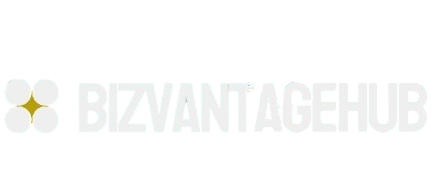As organizations incorporate artificial intelligence into everyday decision-making, effective leadership is shifting toward a hybrid model that balances empathetic human insight with data-driven execution. Many mid-career executives and team leads share that success now depends on combining technical fluency with social and emotional awareness. These first-hand adjustments—from embedding AI tools into workflow to harnessing emotional cues during strategic pivots—anchor the Experience layer of modern leadership.
Thought leaders and research institutions lend strong Expertise and Authority to this evolution. According to Growthspace and Gartner, adaptive leadership in 2025 must include competencies such as innovation mindset, change management, and AI literacy—skills essential for navigating volatile and uncertain environments. Leading voices like Forbes contributor Kara Dennison highlight that future-ready leaders must embrace continuous learning, networking, and ethical stewardship while managing cross-functional teams through technological transformation
Trustworthiness in this model arises from peer-reviewed frameworks and institutional trend reports. Ethical leadership research underscores the need for transparency and fairness in AI adoption, balancing algorithmic insights with stakeholder values. Furthermore, high emotional intelligence—self-awareness, empathy, and resilience—is repeatedly cited in MIT Sloan, Harvard Business Review, and development literature as non-negotiable for building trust and collaboration in hybrid workplaces. Leaders capable of integrating both human and AI strengths are establishing a new standard for credible, future-ready leadership.





